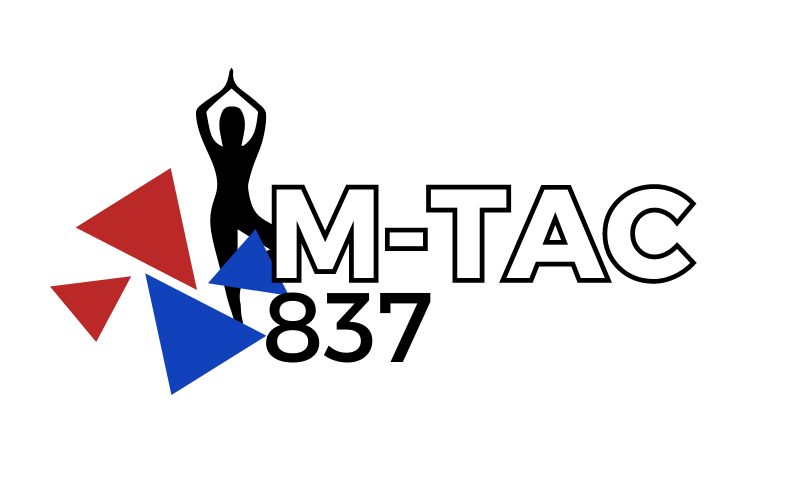In today’s fast-paced digital landscape, a reliable laptop is more than just a device – it’s a gateway to productivity, connectivity, and entertainment. With an overwhelming array of options available, finding the perfect laptop that aligns with your specific needs can be a challenging task. So, here are 10 expert tips to guide you toward discovering the ideal laptop for your requirements:
1. Determine Your Needs
Before diving into the world of laptops, identify your primary needs. Are you a student, professional, gamer, or creative? Understanding your usage patterns will help narrow down your options and prevent you from investing in features you won’t use.
2. Consider Portability
The portability of a laptop matters, especially if you’re constantly on the move. If you need a device that’s easy to carry, opt for a lightweight ultrabook or a sleek 2-in-1 convertible laptop.
3. Choose the Right Size
Laptop sizes vary, ranging from compact 11-inch devices to larger 17-inch models. The screen size should match your preferences and usage requirements – a larger screen is great for multitasking and media consumption, while a smaller one is more portable.
4. Assess Performance
The laptop’s processor, RAM, and storage capacity significantly impact its performance. For everyday tasks, a mid-range processor and 8GB of RAM are generally sufficient. If you’re into gaming or heavy content creation, consider higher specifications.
5. Evaluate Battery Life
Longer battery life means less frequent charging and increased productivity on the go. Look for laptops that offer at least 8-10 hours of battery life for optimal usage away from power outlets.
6. Screen Quality Matters
A laptop’s display quality affects your overall computing experience. Higher resolutions and accurate color reproduction are crucial for tasks such as editing, design, and content creation.
7. Check Keyboard and Touchpad Comfort
If you’ll be typing for extended periods, a comfortable keyboard with good key travel is essential. Likewise, a responsive touchpad can enhance your navigation experience.
8. Connectivity Options
Ensure the laptop has the necessary ports and connectivity options you need, such as USB Type-C, HDMI, and SD card slots. These connections allow you to connect peripherals and external devices easily.
9. Operating System Preferences
Choose an operating system that aligns with your familiarity and preferences. Windows, macOS, and Linux offer different user experiences, so opt for the one that suits you best.
10. Read Reviews and Compare
Prior to making a final decision, read reviews from reputable sources and compare multiple models. Real-world experiences and expert opinions can provide valuable insights into a laptop’s performance, build quality, and overall value.
Conclusion
When you’re equipped with these tips, you’ll be better prepared to navigate the sea of laptops available in the market. Remember that finding the perfect laptop is about striking a balance between your requirements, budget, and the features that matter most to you. While it’s tempting to go for the latest and most powerful laptop, consider whether those specifications align with your actual usage.
Keep in mind that your laptop is an investment, so it’s worth taking the time to research and make an informed decision. Whether you’re a student, a professional, a creative, or an enthusiast, the right laptop can enhance your productivity, creativity, and entertainment experiences, empowering you to make the most of the digital world at your fingertips.

